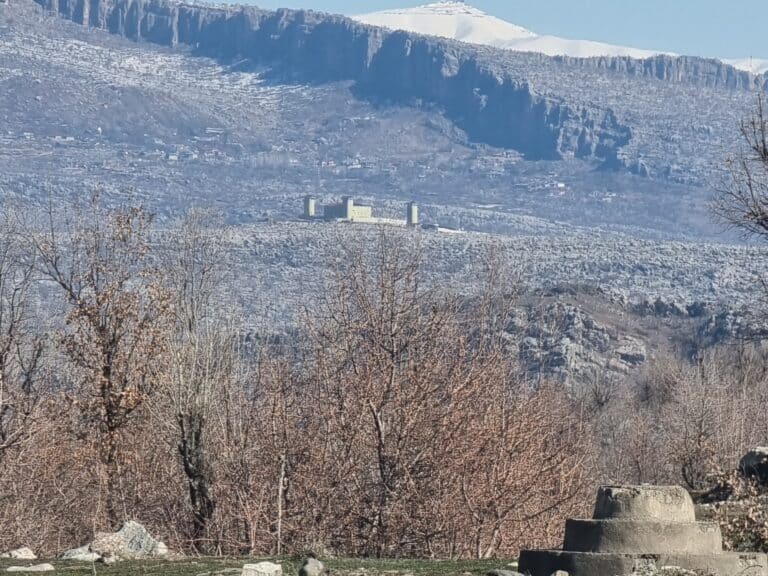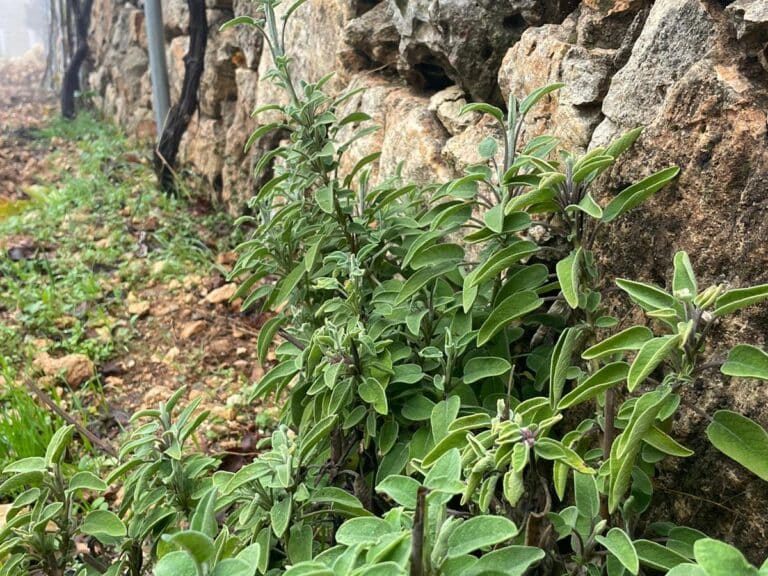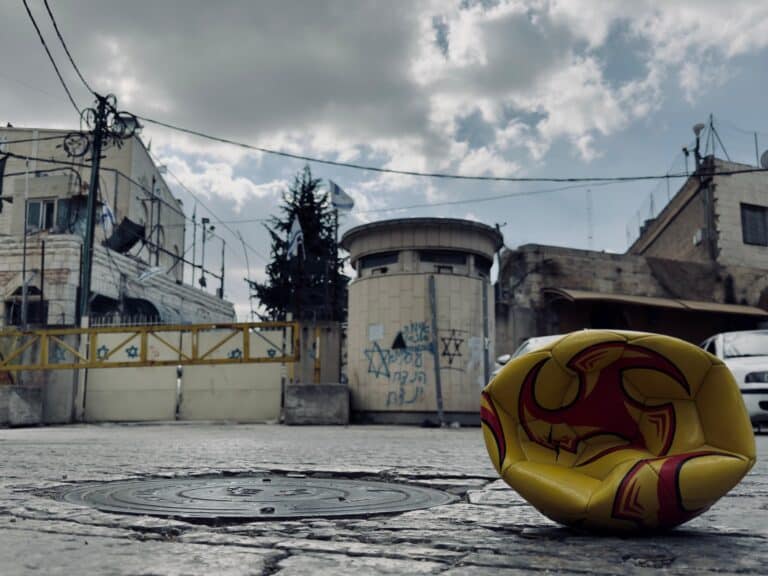CPTnet
13 January 2014
AL-KHALIL (HEBRON): Orchard leveled at Tel Rumeida for settlement expansion
On 5 January 2014, CPTers learned that a bulldozer
had begun to level a large tract of almond orchard the previous evening for the expansion of the Tel Rumeida settlement complex.
Two CPTers visited with Hani Abu Haikel, long-time CPT partner, on 7
January to learn more details
According to Abu Haikel, his family has held a
99-year lease, of which twenty-five years are left, on the orchard that was
demolished to create the outpost. The Abu Haikels had originally leased
the land from the Bajaio family, Palestinian Jews whose family the Abu Haikels
sheltered during the Hebron Massacre in 1929. Then they leased the land
from the Jordanian government, which occupied the area after 1949, and the
Israeli government after 1967. The Israeli government has blocked the lease
Abu Haikel’s family holds on this area in order to allow the settlers to
continue construction on this new, outpost. Police arrested Abu Haikel
and his cousin on 5 January for being in a ‘closed military zone’ when they
asked by what right the settlers were destroying their mature almond
trees. The police then banned the two men from going within 250 meters of
the site.
Abu Haikel is nostalgic for past centuries when
Palestinian Jews and Muslims lived in more harmonious ways than is possible
with the current Israeli settlers living in Hebron. His grandfather’s
business partner was Jewish and they would take turns on Friday and Saturday
looking after their shop. He remembers that his own family used to light
candles on Friday evenings. He continues to maintain contact with
descendants of the Bajaio family and has an extensive network of Jewish friends
in Israel and abroad.
When one of the CPTers interviewing Abu Haikel said
he had noticed some frightened looking construction workers in the van when he
was walking up to visit, Abu Haikel told him they were Palestinian. When
asked how he felt about their collaboration with the settlement enterprise,
Hani Abu Haikel said it was a matter “for their conscience,” and that he would
just as soon the work go to a Palestinian worker as someone from Thailand.
As the conversation turned once again to
relationships between Christians, Jews and Muslims, Hani noted, “When we look
at the Holy Qur’an, the Torah and the Bible, the common thread is about
respecting your neighbor, loving God and doing justice.”
“Soldiers come here with fear in their eyes,” he
said, “They are told by their commanders that the women carry knives and the
men carry guns.” Abu Haikel found this information out when he asked a
soldier, “Why are you frightened of me?” Afterwards, they had a
three-hour conversation. The soldier was reassigned to another checkpoint
the day after and they did not speak again.
Under international law, it is illegal for Israel
to move populations into military-occupied territory. The Israeli
government therefore does not have the right to terminate the Abu Haikel’s
rental agreement, to destroy their trees, or to offer the land to Israeli
settlers.
To follow developments on the Tel Rumeida situation,
check out the Save Tel Rumeida Facebook page, run by the families
who live there and their supporters. Christian Peacemaker Teams
Palestine will also continue to post updates on its Facebook page.



